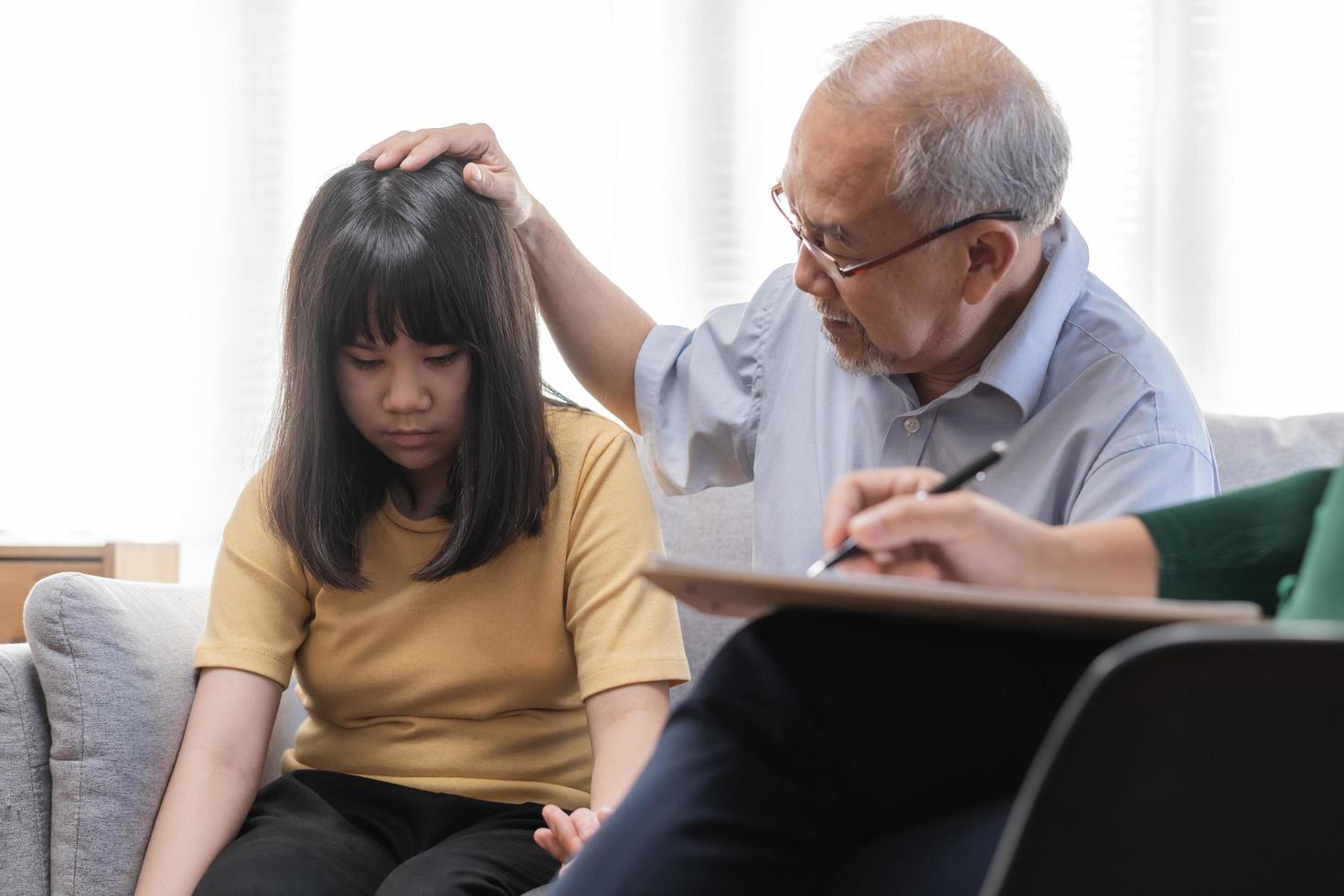Observed every year on October 10, World Mental Health Day is a vital reminder of the importance of mental wellness. Spearheaded by the World Health Organization (WHO), this global initiative focuses on mental health education, advocacy, and the fight against social stigma. With nearly 800 million people globally facing mental health challenges, awareness and proactive care are more critical than ever.
To help you navigate your mental health journey, Dr. Andrea DeSimone, DO, Chair of Psychiatry at Bayhealth, offers practical, actionable tips. These expert insights are geared toward helping individuals recognize their own behavioral patterns, embrace helpful technologies, and prepare for emotional dips with a personalized action plan.

Mental Health Starts with Self-Awareness
Understand What “Well” Feels Like
One of the first steps toward improved mental health is knowing yourself. Reflect on a time when you felt emotionally balanced or truly happy. Ask yourself:
-
What was your daily routine like?
-
What kinds of activities brought you joy?
-
Were you spending time with others or being more social?
You can even reach out to close friends or family to gain an outside perspective. They might notice patterns you overlook, such as becoming quieter or withdrawing when you’re not feeling like yourself. These behavioral markers are important signs that your mental health may need attention.
Identify Warning Signs
Once you’ve pinpointed what wellness looks like for you, pay close attention to changes. If you’re typically outgoing but start avoiding social interactions, that could be a red flag. Monitoring these patterns helps you take early action before issues escalate.
Embrace Technology for Better Mental Health Monitoring
Smart Gadgets for Emotional Tracking
In today’s tech-savvy world, mental health gadgets and wellness wearables can be great tools. Many smart devices now include:
-
Sleep tracking for insights on rest and recovery.
-
Step counters and movement alerts to keep you active.
-
Heart rate monitoring to detect spikes during stress.
-
Mood or social interaction tracking apps to observe communication patterns.
Some wearables even offer real-time feedback, nudging you to get moving, relax, or breathe when your body shows signs of stress.
Personalized Mental Health Feedback
These devices often come with customized wellness suggestions, like nighttime routines or workout plans tailored to your stress level. This blend of AI and self-care makes it easier to be proactive about your emotional state.
Build a Personalized Mental Health Action Plan
Prepare for the Down Days
Everyone experiences emotional lows, and preparing for them is key. Dr. DeSimone recommends creating a Mental Health Toolkit — a collection of go-to activities and resources you can use when you’re feeling off.
Sample Items to Include in Your Toolkit:
-
Go for a walk outdoors to reconnect with nature.
-
Call a trusted friend or loved one — don’t isolate.
-
Read an inspiring or comforting book.
-
Do something creative — paint, journal, or play music.
-
Cook a nutritious meal to nourish both body and mind.
-
Set a micro-goal, like completing a 15-minute fun task and celebrate it as a win.
Actionable Steps Make the Difference
Writing these steps down increases the chance you’ll use them when the time comes. You can also share the plan with a close friend or therapist who can help keep you accountable.
Why World Mental Health Day Matters
World Mental Health Day is not just about raising awareness. It’s about encouraging open conversations, reducing stigma, and pushing for improved mental health support systems worldwide. By practicing tips from mental health professionals, we can:
-
Improve personal well-being.
-
Encourage others to seek help.
-
Create healthier, more resilient communities.
Final Thoughts: Take Charge of Your Mental Health Journey
Mental health should be treated with the same seriousness as physical health. With tools like self-awareness, smart monitoring devices, and proactive planning, you can build emotional resilience. On this World Mental Health Day, take a moment to prioritize your mental wellness and encourage those around you to do the same.
Frequently Asked Questions:
Q1. What is World Mental Health Day and why is it important?
A: World Mental Health Day, celebrated every October 10, is an international awareness day to promote mental health education, reduce stigma, and advocate for better mental healthcare access globally.
Q2. How can I tell if my mental health is declining?
A: Common signs include social withdrawal, changes in sleep or appetite, loss of interest in activities, fatigue, and mood swings. Comparing your current habits to times when you felt well can help detect issues early.
Q3. What smart devices help with mental wellness?
A: Devices like fitness trackers, smartwatches, and mood-monitoring apps can track heart rate, sleep patterns, and social interactions, providing real-time feedback and personalized suggestions.
Q4. How do I create a mental health action plan?
A: Make a list of activities that help you feel better—like walking, talking to a friend, or doing something creative. Keep this list handy for times of stress or emotional low points.
Q5. Is it normal to need help with mental health?
A: Absolutely. Just like physical health, everyone can experience mental health challenges. Seeking help shows strength and is an important step toward healing.




